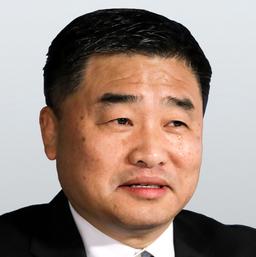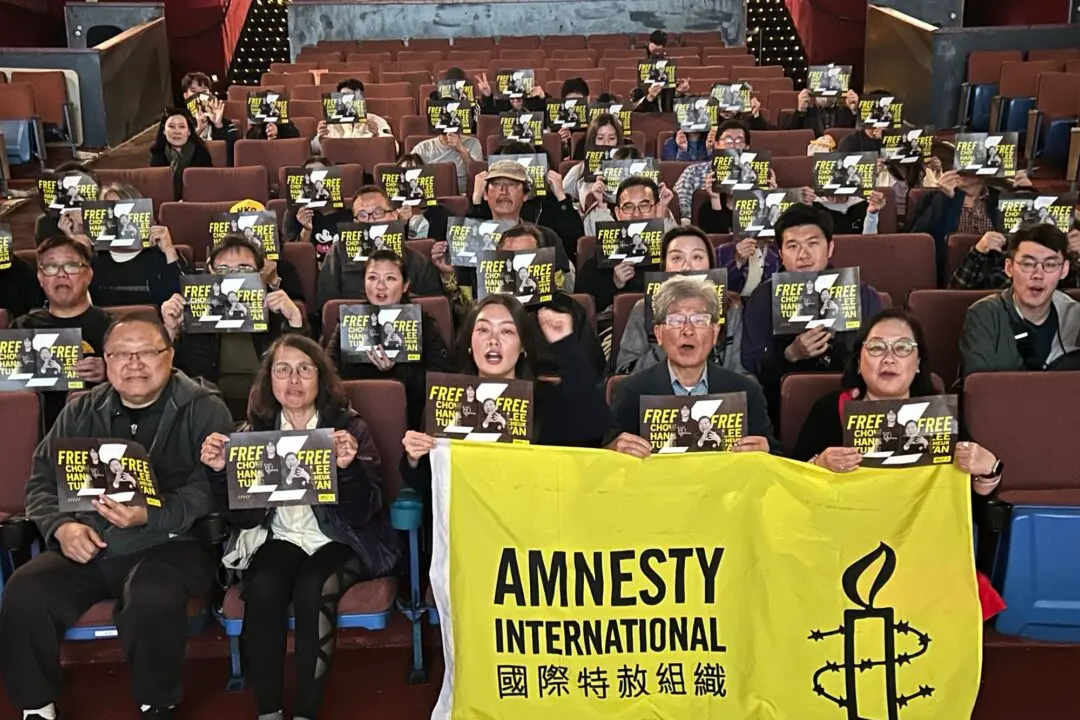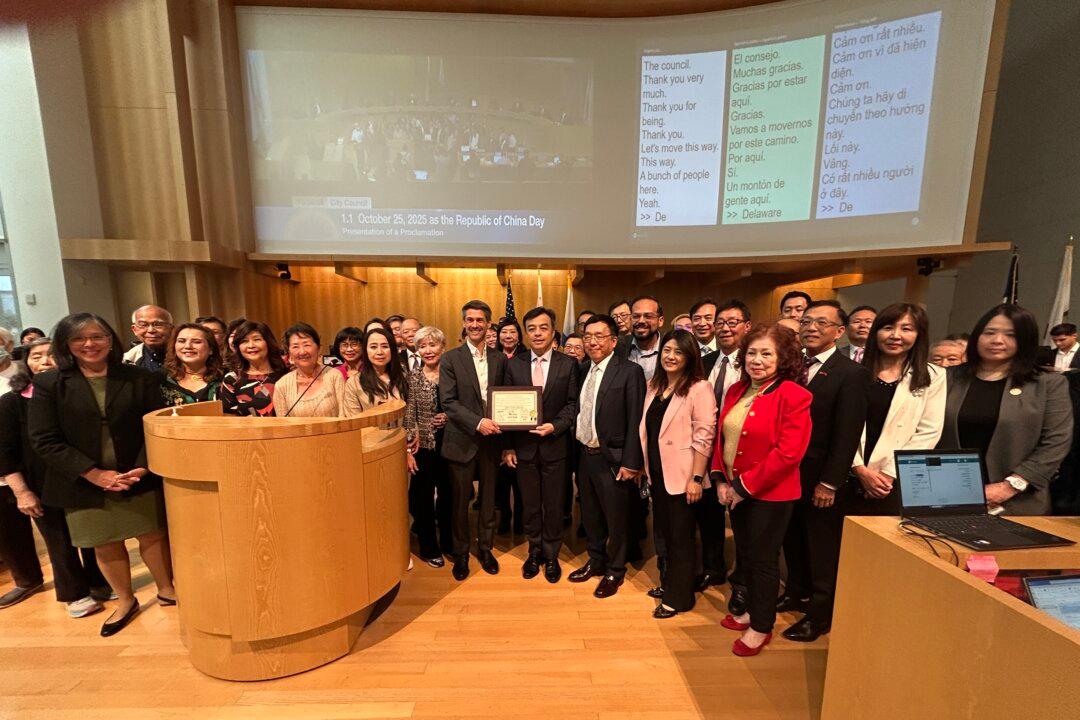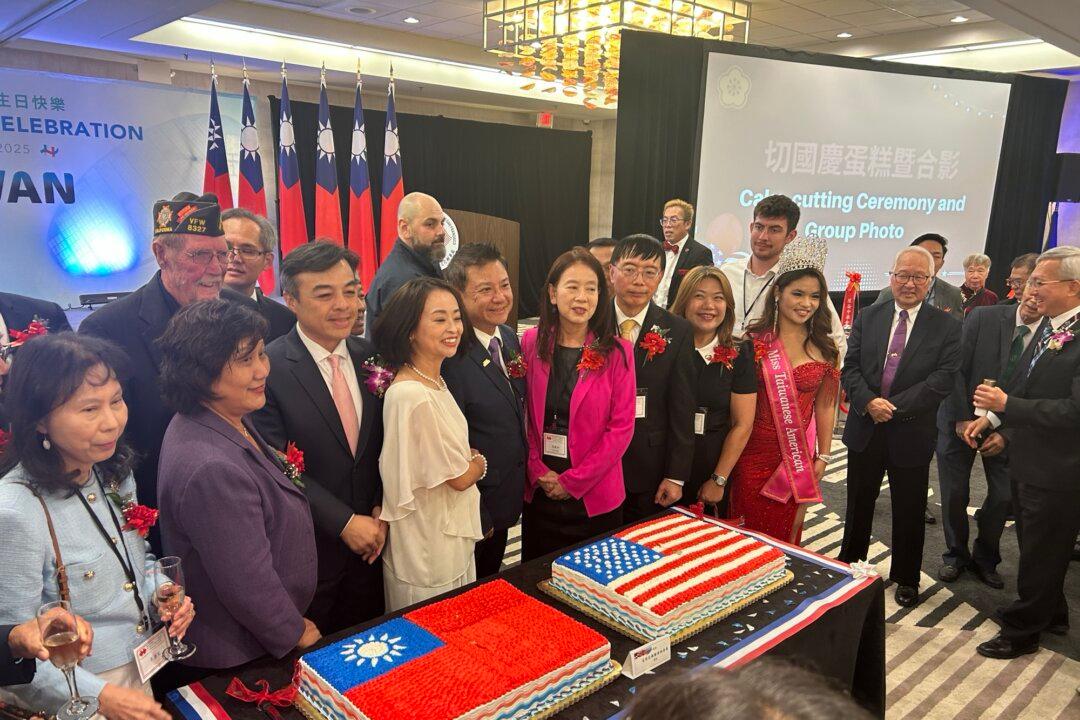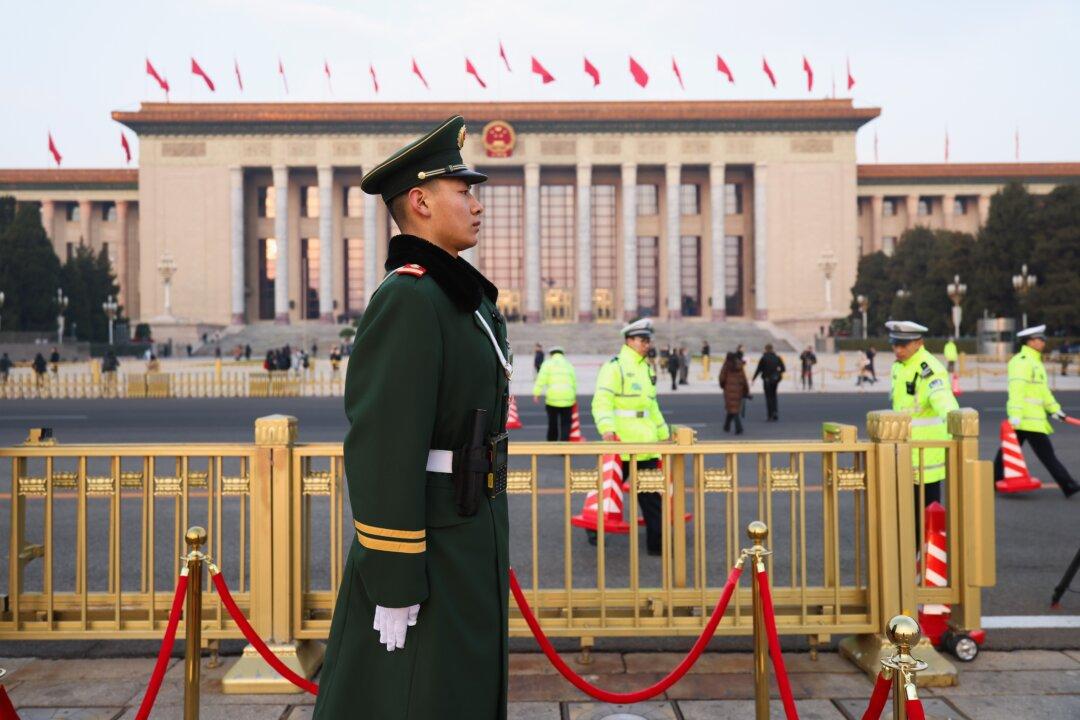Lin Shih-Hsien, mayor of Changhua City in Taiwan, traveled thousands of miles to California in hopes of bringing some of Silicon Valley’s tech companies to invest in his city.
After almost two years of the Sino-U.S. trade war, many U.S. businesses are now leaving China and looking at different countries in search of cheap labor.
